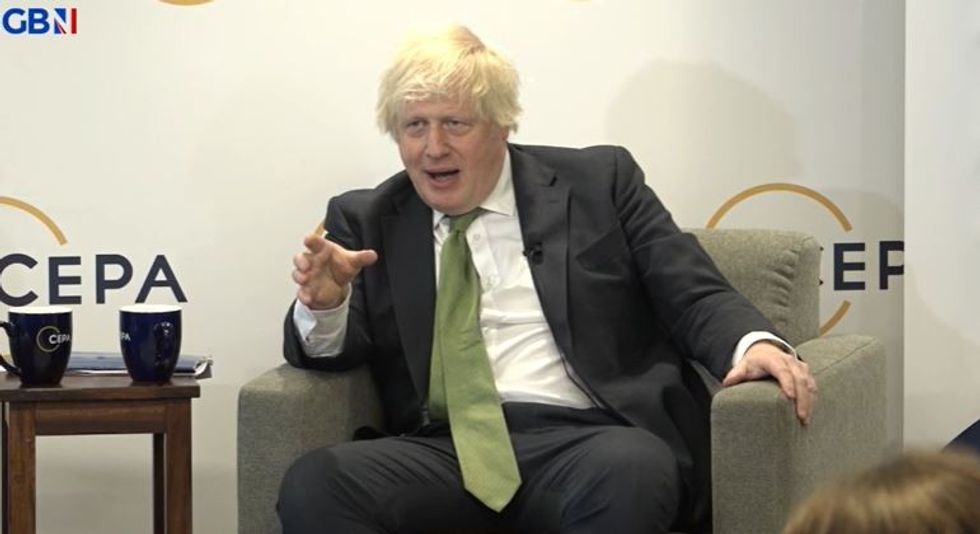Martin Daubney has issued a blistering response to the Covid inquiry’s latest findings, claiming they vindicate those who warned early lockdowns would cause lasting national damage.
Speaking after the publication of Baroness Hallett’s report, the GB News star said the Government’s chaotic handling of the pandemic meant Britain ended up with an inevitable lockdown, one he insists could have been avoided.
Martin argued that ministers have consistently refused to accept responsibility for the economic devastation caused by the lockdowns.
He fumed: “The conclusion in this report is that a toxic and chaotic culture at the centre of Government meant the pandemic response was often too little, too late meaning a lockdown became inevitable.
“So it sounds like more bad news for Boris Johnson’s Conservative Government, taking the brunt of the blame here.
“Isn’t it funny, though, how none of the Governments in power at the time have admitted the huge economic annihilation that lockdowns caused?
“They blame Brexit, they blame everything except their own actions. And this report today concludes lockdowns could have been avoided entirely.
“They should all look themselves in the mirror and think about that.

“The untold damage done to business, to mental health, to the fabric of the nation, to cultural cohesion, to societal cohesion, and to our economy all of it.
“The whole thing could have been avoided. A few of us said it all along, and we were called mad.”
The Covid-19 Inquiry’s second report also found that women’s perspectives were often disregarded by Boris Johnson and his senior advisers, while the former Prime Minister was criticised for underestimating the immediacy of the crisis in its early days.
Throughout the hearings, Baroness Heather Hallett, a former Court of Appeal judge and chair of the inquiry, reviewed extensive criticism of Mr Johnson and his team, with emails and WhatsApp messages exposing internal disputes submitted as evidence.
LATEST DEVELOPMENTS
- ‘It’s PATHETIC!’ Martin Daubney ‘lost for words’ after police chief blasts St George’s flags as ‘intimidating’
- ‘Just lost the plot!’ Martin Daubney unleashes scathing rant as ‘lunatics take over asylum system’
- Martin Daubney reduced to tears as Charlie Peters reads powerful statement from victim of migrant rape attack

The inquiry heard evidence from more than 160 witnesses, including Mr Johnson, his adviser Dominic Cummings, and former health secretary Matt Hancock.
They were questioned on a range of measures, from public testing and social distancing to the Eat Out to Help Out scheme, which aimed to support businesses forced to close during the spring lockdown.
Summing up her findings, Baroness Hallett concluded that while No 10 faced intense pressure, the overall response was “too little, too late”.
She added that around 23,000 lives could have been saved if key measures had been introduced just one week earlier.
Our Standards:
The GB News Editorial Charter







Follow